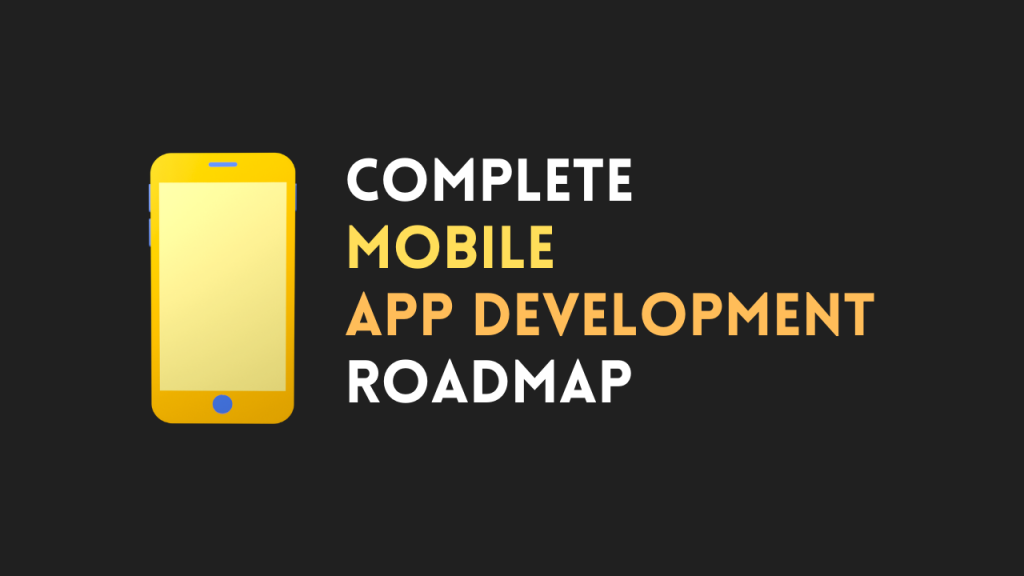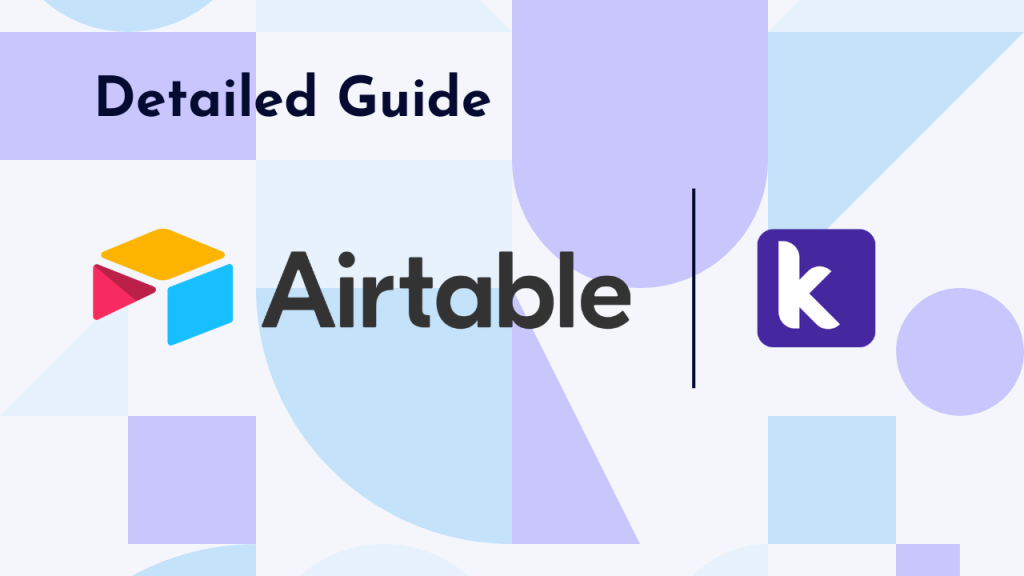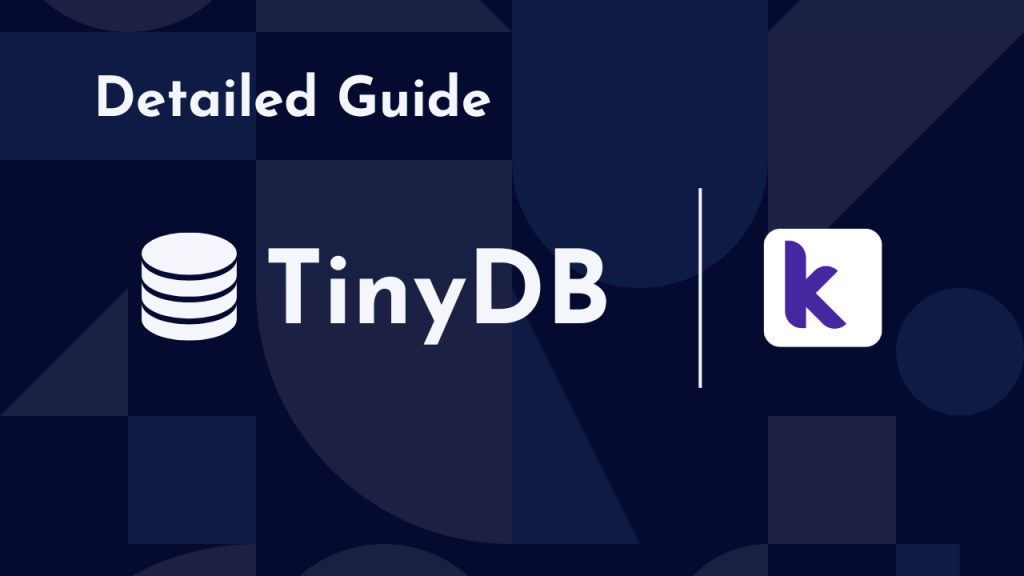Mobile app development is a dynamic field that offers numerous opportunities for developers. Whether you choose to focus on native development for Android or iOS or opt for cross-platform frameworks like Flutter or React Native, understanding the roadmap can be crucial to your success. In this article, we will discuss the differences between native and cross-platform frameworks, explore the Android and iOS development roadmaps, and delve into salary expectations for different mobile app development paths
Table of Contents
Native vs. Cross-Platform Frameworks
Native development involves building applications specifically for a particular platform, such as Android or iOS. These apps are optimized to run on the respective platforms but are not compatible with others. On the other hand, cross-platform frameworks, like Flutter and React Native, allow developers to build applications that can run on multiple platforms, including Android, iOS, and even the web.
Android Development Roadmap
To embark on Android development, you need to familiarize yourself with Android Studio, the primary integrated development environment (IDE) for building Android apps. Android Studio supports two main programming languages: Java and Kotlin. While Java has been the traditional language for Android development, Kotlin has gained popularity for its simplicity and modern features. It is recommended for beginners to start with Kotlin for Android development.
iOS Development Roadmap
If you aspire to build apps specifically for iOS devices like iPhones and iWatches, you’ll need to learn Xcode, the official IDE for iOS development. Xcode is compatible with the Swift programming language, which is known for its simplicity and safety. Swift tutorials and learning resources are readily available on platforms like YouTube and Udemy, making it accessible to beginners.
Cross-Platform Frameworks
Flutter, developed by Google, is an open-source framework that runs on the Dart programming language. It allows developers to build applications that run on Android, iOS, and the web. Flutter is often considered one of the easiest frameworks to learn, making it an excellent choice for beginners. Another popular cross-platform framework is React Native, created by Facebook. React Native allows developers to leverage their existing knowledge of web development with React.js to build mobile applications for both Android and iOS.
Also Read:
Become Android App Developer Without Learning Coding
Salary Expectations
When considering a career in mobile app development, it’s essential to understand the salary expectations for different roles. Salaries can vary based on factors such as experience, location, and demand. Here is a brief overview of salary ranges for different mobile app development paths:
1. Android Development:
- United States: Average base salary ranges from $100,000 to $120,000 per year.
- India: Average annual salary ranges from 3 to 4 lakhs.
2. iOS Development:
- United States: Average base salary is higher than Android development.
- India: Average annual salary is around 4.2 lakhs.
3. Flutter Development:
- India: Average monthly salary is approximately 25,000.
4. React Native Development:
- India: Average annual salary ranges from 4.8 to 5 lakhs.
It’s important to note that salaries can vary based on individual skills, experience, and the specific job market. Additionally, demand for certain frameworks may influence salary trends, with newer frameworks like Flutter potentially offering lower salaries due to their relative novelty.
Conclusion:
Mobile app development offers a vast range of opportunities, whether you choose native development for Android or iOS or opt for cross-platform frameworks like Flutter or React Native. Understanding the roadmap and choosing the right path can significantly impact your success as a mobile app developer. Keep in mind that salary expectations can vary based on factors such as experience, location, and demand. As you embark on your mobile app development journey, continuous learning, and staying up-to-date with industry trends will be key to your growth and success.


